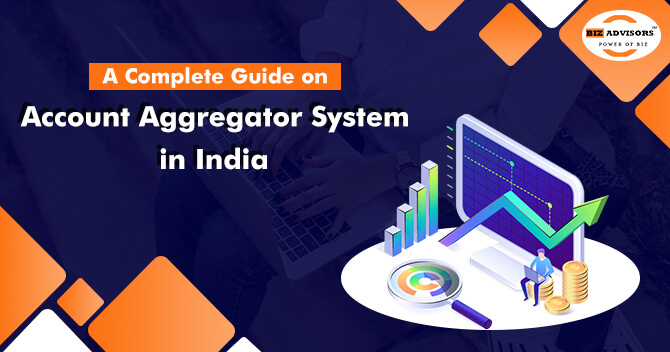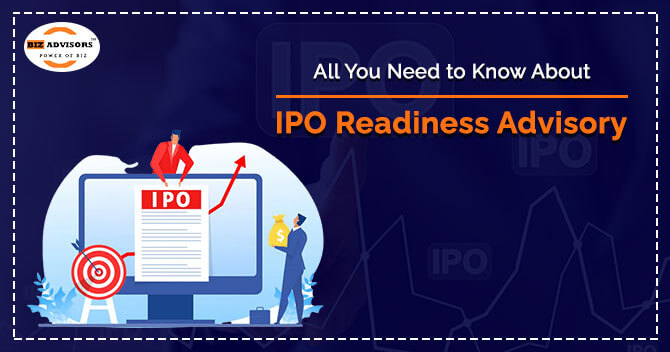The introduction of the Account Aggregator System in India can be said to be a major boost toward digitalization. We live in the 21st century where everything working around us is digital. These days, digitization is so much around us that many times we do not require even require Traffic Police. A person violating traffic rules is caught digitally and the challan that is received is also digital with the date mentioned as the last date of payment. As it is said, everything comes with its own pros and cons. It is true for digitization as well. No doubt it has made our lives a little too easier than it has been ever before, but it is also storing all of our personal information in it in the form of data.
Data is everything and is present everywhere. The data that is being produced now is ever-larger volumes of data, as opposed to the past when we only needed a powerful machine to create and store a few megabytes of data. By 2020, every person was expected to produce 1.7 MB of data per second, according to statistics, illustrating the speed at which data is created.
The majority of market differentiators across sectors are determined by how effectively they utilize the data accessible from numerous sources for effective results. Customer demands for speed, security, and convenience, in particular in the financial services industry, necessitate data-driven decision-making. The account aggregation framework comes into play at this point.
What is Account Aggregation System?
The procedure of compiling financial data from various sources in one location is known as Account Aggregation. It also goes beyond the conventional credit ratings assets, such as credit cards or loans, to encompass cash flow and investments, and is sometimes referred to as financial data aggregation. Expenses, receipts, deposits, tax returns, stock investments, and several other items are among the sources of data.
The Account Aggregator network, a financial data-sharing platform that the central government unveiled in the year 2021, has the potential to revolutionize credit and investing by giving millions of consumers greater access to and control over their financial records and growing the potential market for lenders and fintech firms.
What is RBI’s Account Aggregator System Framework?
Usually accessing data is not that easy for a person seeking his information stored in the data form. This is true for accessing financial data as well. Against this backdrop in order to make financial data freely accessible through data intermediaries, RBI launched the Account Aggregator (AA) Framework in India in 2021. These intermediaries are in charge of gathering users’ financial information from various organizations which are Financial Information Providers, or FIPs that keep customer data and exchange it with organizations that need it, which is Financial Information Users, or FIUs, based on the user’s consent. Under this system, without the person’s approval, no data can be shared.
For instance, the lending bank (FIU) will need access to the financial statements that are saved at the user’s bank side (FIP) if a person in India wants to apply for a loan so that it may assess the applicant’s creditworthiness. This will be relatively simple and hassle-free within the Account Aggregator framework.
Advantages of Account Aggregator System in India
Consumers in India today deal with a variety of inconveniences caused by the country’s financial system, including sharing physically signed and scanned copies of bank statements, running around to notarize or stamp documents, and being required to share your unique username and password in order to reveal your financial history to a third party. All of these would be replaced by the Account Aggregator network’s easy, mobile-based, straightforward, and secure digital data[1] access & sharing method. This will help in opening up a new type of service such as additional loan types.
Data shared by the Account Aggregator System Framework
The Account Aggregator framework provides customers with access to all financial data, including tax, pension, securities, and insurance data. The Account Aggregator framework is expected to go beyond the financial sector and make healthcare and telecom data accessible to the individual.
Is data sharing through the Account Aggregators safe?
The sender encrypts the data that the Accounts Aggregator exchange and only the recipient is able to decrypt it. The exchange of digital signatures and end-to-end encryption makes the procedures significantly more secure than sharing paper documents. Therefore, Account Aggregators simply transfer data from one financial institution to another with a person’s permission and instruction, they are unable to examine the data themselves.
What if the Consumers decide not to share data?
It is entirely up to the individual consumer to register with an Account Aggregator in India. Only when the individual gives his consent can his data be made accessible to him by the Account Aggregators in India. A person can choose to register on an Account Aggregator, select which accounts they want to link, and share their data from one of their accounts for some specific purpose with a new lender or financial institution at the stage of giving “consent” via one of the Account Aggregators if the bank the consumer is using has joined the network.
Conclusion
It is not wrong here to say that data has now become one of the most important parts of an individual. Be it data from any sector. The role of an Account Aggregator in India is said to be a very crucial one in providing information regarding the financial data of an individual. Although this step taken by the RBI is praiseworthy as only after due consent from the concerned person, the financial data is shared among the organizations but still there are chances of obtaining one’s consent through coercion or misrepresentation. The guidelines provided by the RBI say that the data being shared is fully encrypted and can only be decrypted by the concerned person, however, even trivial negligence from the authorities could lead to a data breach and the information about the financial data of an individual could get public. Therefore, the controlling authorities must take the utmost precaution while performing such tasks. Contact Bizadvisors Professionals for Account Aggregrator in India.
Read our article:All You Need to Know About Asset Reconstruction Company in India
 9559179325
9559179325 9559179325
9559179325




